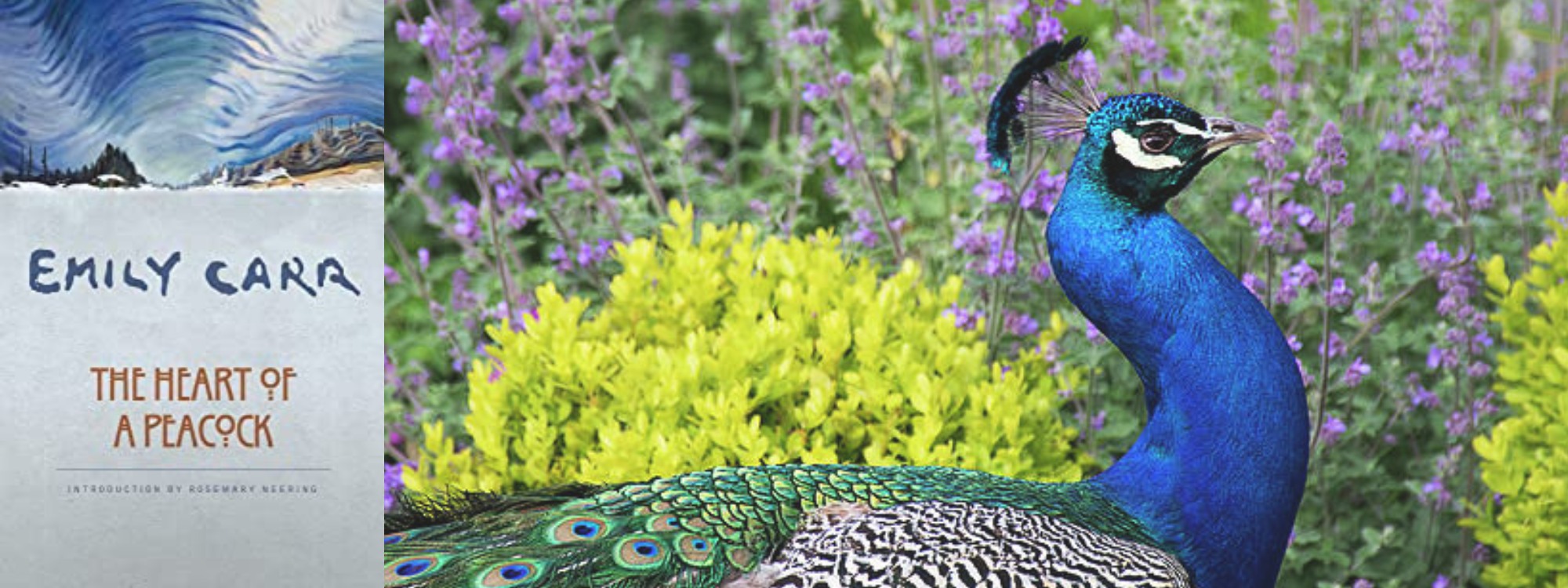My father never shot at living things. I love that memory of him. He could fire a gun. I only heard him do so once. A burglar was in our house . . . Father aimed at the sky.
Other children bragged, “My father is a sportsman, goes out to shoot deer and birds.” I was proud that my father did not. He talked often about the birds of England which he had loved in his English boyhood. Young Canada had very, very few wild song-birds when I was little.
We were picnicking in Medina’s Grove. Waving a turnover that dripped jam towards a near bush, I said, “Father, there’s a bird’s nest in that bush!”
Mother said, “Don’t drip jam, child!” Then half to herself she said, “The child inherits her father’s passion for bird-life.”
I am glad Father gave me that inheritance.
I shall never forget the first full bird’s nest I looked into. I was playing “lady” by myself on the old mossy rock in our back field. “Ding-a-ling!” I sang, and pulled at a bush intending to call on myself. It was not a play door that opened to my pretend ring but four yellow real bird mouths right under my hand. First I thought they were tiger-lily petals blown into the crotch of the bush. Then I saw that they belonged to four little birds who thought the rustle of the bush was their mother come. When no mother’s beak poked food into their throats, they shut up, disheartened. The nest was under my eye level: I could look right in. I looked and looked. Every day I came back to look again, until the birdlings had fledged and were away.
A yellow warbler built in our lilac. I went closer and closer every day, till the bird trusted and did not fly off her nest at sight or sound of me. By and by she used to come across the lawn to meet me, pecked from the little dish of food I carried for her, flying as she fed. When I set the little dish in the bush, she finished feeding, filled up the children as I stood there, then covered them with herself like a cosy blanket. If I laid a finger on the edge of her nest, she pecked at it. That warbler nested in our lilac-bush for five years.
It was my work and my joy to tend the fowls in our cow-yard. I had a “chum rooster” who was special. I called him Lorum. He came in a coop of chickens Father bought to fatten. This little fellow was woebegone; everybody pecked him till he was half naked. They would not let him feed. At mealtimes he slunk into a corner, hungry. He had spirit, but he was so much smaller than the two dozen rest.
I was sorry to see his tail and wings and heart all drooped. When I fed the others I took a good shovelful of food over into Lorum’s corner and sat with him while he ate. The rooster gave me his whole heart in exchange. He fattened and was soon sleek and dapper. A small-boned bird, black Spanish, with a double rose comb, he was very handsome and, with me behind him, could whip any rooster in the yard.
Lorum waited, waited always by the cow-yard gate listening for me to come. There was such gladness in his neat, fiercely spurred feet as he ran to meet me, wings spread to make his hurry quicker. He flew to my wrist, but his claws gripped too hard, hurting me if he clung tight to balance as I walked; so I sat down on the woodpile and he got into my lap and took first helping from the food dish.
He liked just being there better than he liked the food. We were really chums for years, then suddenly Lorum disappeared. I searched and searched. When I discovered that my sister, thinking Lorum would be too tough to eat, had sold him to a Chinaman, I flew into a rage so wicked-tongued that it was an occasion for the riding whip. I just screeched. I did not care how I shamed the family. I did not care a bean about the whip or about the wicked words. I was furious about Lorum—my Lorum.




0 comments